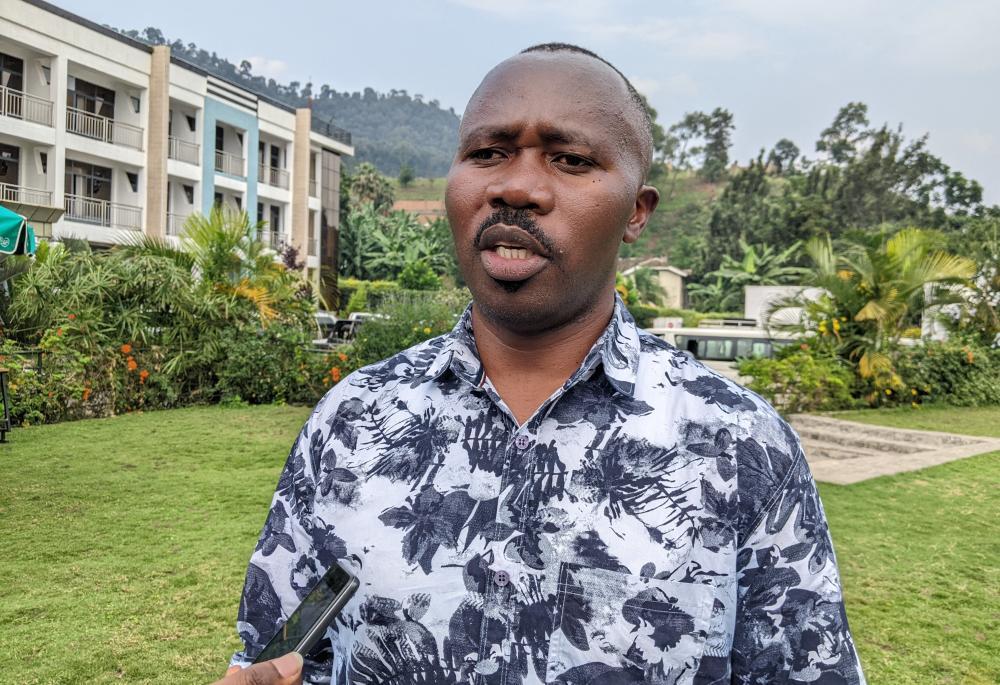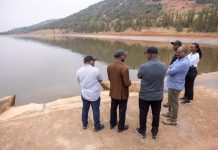Africa-Press – Rwanda. Rubavu District Mayor Prosper Mulindwa has urged legally registered non-governmental organisations (NGOs) and civil society groups to prioritise citizen welfare and curb unnecessary expenses, saying resources must directly improve the lives of beneficiaries.
Speaking during a meeting with development partners, Mulindwa criticised “ghost” and dormant NGOs that fail to report their activities to the district, as well as those accused of misusing funds for personal gain.
The mayor’s remarks come amid persistent challenges in Rubavu, including high rates of child stunting, malnutrition, and street children.
“We work closely with partners in implementing their activity plans, but gaps remain,” he said. “Some NGOs do not align their plans with the country’s vision or the urgent needs identified in district planning. You find that a partner invests money, yet human security issues persist in their area of operation because they did not coordinate with us.”
Mulindwa warned against inflating achievements or prioritising administrative costs over community impact. “Funds are for the people of Rubavu and Rwandans at large, not for personal interests. They should not misuse their budgets however they want,” he stressed.
He questioned cases where NGOs spend the majority of their budgets on operations instead of beneficiaries. “How can you report that Rwf 3 million of your Rwf 5 million budget went to transport, when you are supposed to be contributing to poverty alleviation?”
The district is currently focusing on poverty reduction, human security, health and sanitation, education, and business development.
Vital Ringuyeneza, Executive Director of Vision Jeunesse Nouvelle (VJN), a leading Catholic-based NGO in the district, agreed there is a need to align activities with district priorities. He noted that delayed donor funding, including from USAID, hampers project delivery. “We are not able to satisfy the youth’s needs because they expect direct benefits,” he added.
According to the Joint Action Development Forum (JADF) in Rubavu—a platform bringing together public, private, and civil society stakeholders—there are 88 partners in the district with a combined budget of over Rwf 8 billion for social, economic, and governance projects. However, only 76.57 percent of the 2024–2025 budget was executed.
The JADF report cited several issues in the past fiscal year, including partners failing to submit action and quarterly plans, gaps between planning and execution, and some organisations suspending operations before the end of the year.
JADF Permanent Secretary Fabrice Uyisenga acknowledged that some partners struggled with funding delays from international donors, including USAID and ENABEL, while others continue to face financial constraints.
For More News And Analysis About Rwanda Follow Africa-Press






